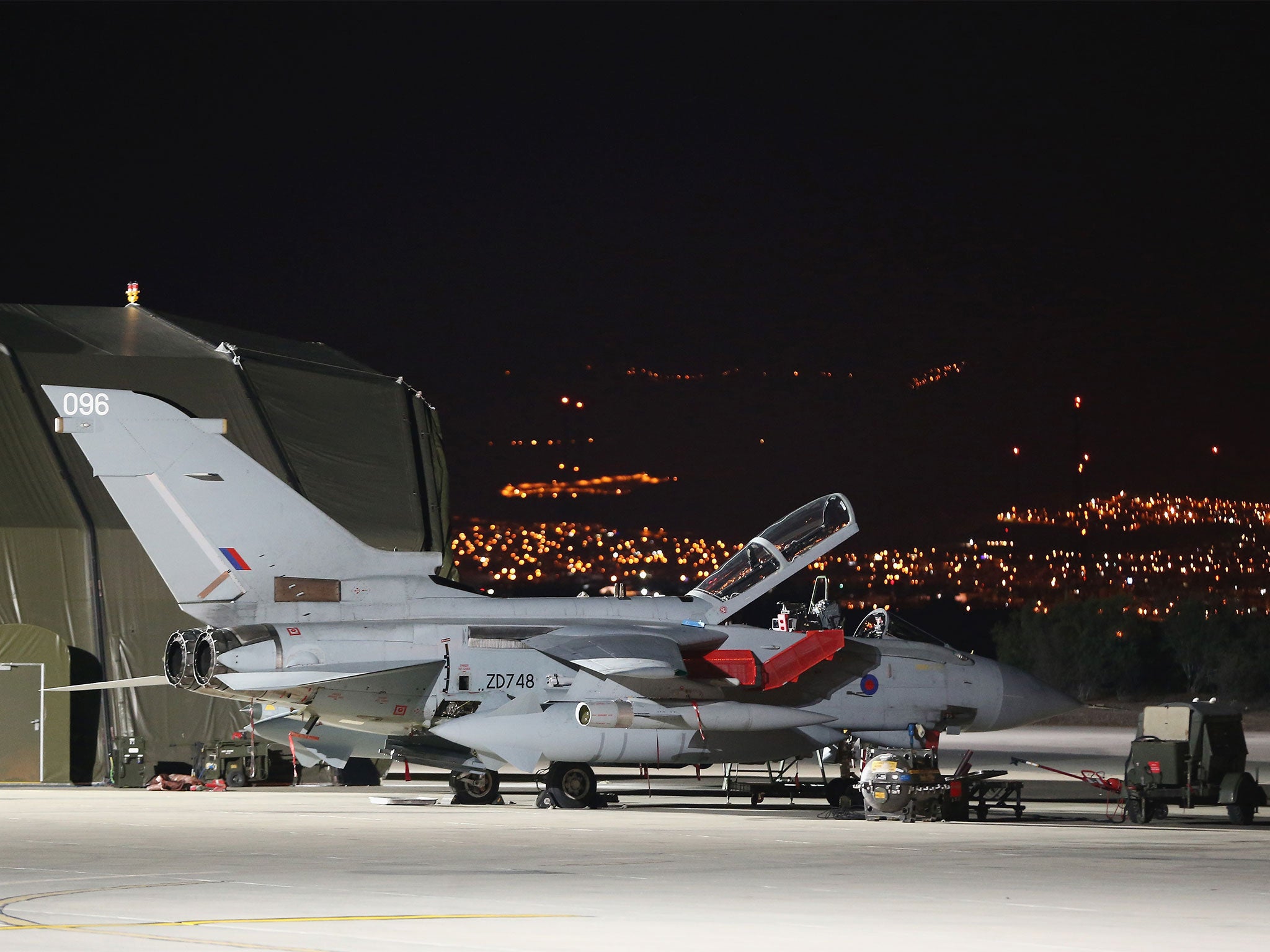Refugees land on RAF base in Cyprus, marking first direct arrival on British sovereign soil
Vessels were spotted off RAF Akrotiri, the military facilitiy on the southern coast of Cyprus used to bomb Isis targets in Iraq

Your support helps us to tell the story
From reproductive rights to climate change to Big Tech, The Independent is on the ground when the story is developing. Whether it's investigating the financials of Elon Musk's pro-Trump PAC or producing our latest documentary, 'The A Word', which shines a light on the American women fighting for reproductive rights, we know how important it is to parse out the facts from the messaging.
At such a critical moment in US history, we need reporters on the ground. Your donation allows us to keep sending journalists to speak to both sides of the story.
The Independent is trusted by Americans across the entire political spectrum. And unlike many other quality news outlets, we choose not to lock Americans out of our reporting and analysis with paywalls. We believe quality journalism should be available to everyone, paid for by those who can afford it.
Your support makes all the difference.Four boats carrying 140 refugees have come ashore at a British military base on Cyprus, marking the first time since the crisis began that people have landed directly on what is considered British sovereign soil.
Vessels carrying the refugees were spotted in the early morning hours off RAF Akrotiri, a sprawling military facility on the southern coast of Cyprus used to bomb Isis targets in northern Iraq.
"We have not established where they are from yet," a spokesman for the bases said.
Britain started using RAF Akrotiri to bomb Isis targets in northern Iraq in September 2014. The base is one of two sovereign territories retained by Britain on Cyprus, a colony until 1960.
Despite its proximity to Syria, EU member Cyprus has not seen any of the massive influx of refugees seen by either Italy or Greece, where arrivals have topped 500,000 this year.
Refugees have tended to avoid the island because of its relative geographical isolation from the rest of Europe and difficulties in leaving.
Reuters
Join our commenting forum
Join thought-provoking conversations, follow other Independent readers and see their replies
Comments